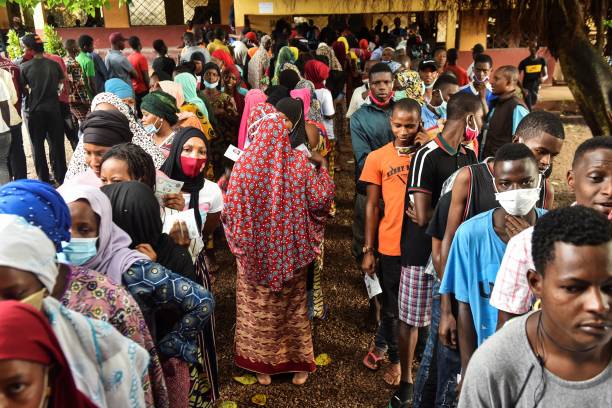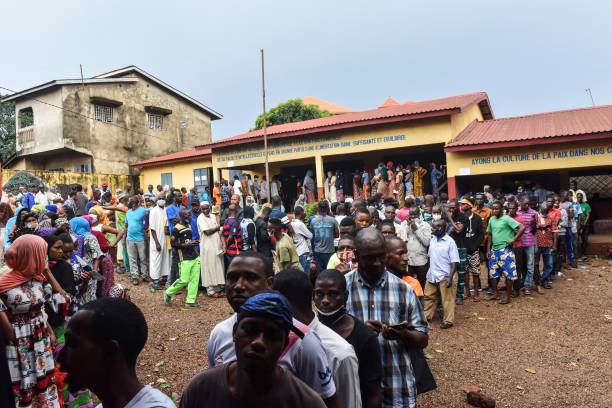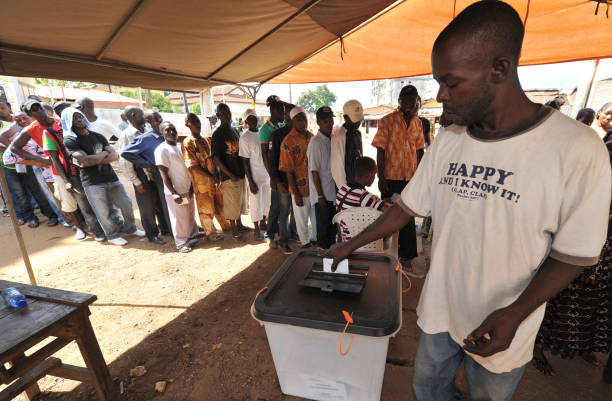Guinea has officially opened the campaign period for its upcoming constitutional referendum, but the process is already mired in controversy due to strict media controls.
The High Authority of Communication (HAC), tasked with regulating the press, has issued directives requiring equal broadcast time for both pro- and anti-referendum voices. While this might seem balanced in principle, the guidelines also stipulate that only organizations officially recognized by the state—and not engaged in legal disputes with it—may access media platforms.

This restriction has drawn sharp criticism from journalists. The Guinean Professional Press Union argues the rule effectively excludes dissenting groups, even if they represent significant public opinion. Union president Boubacar Yacine Diallo clarified that media outlets are not outright banned from covering anyone, but must avoid entities that the state does not officially endorse—a limitation that many see as indirect censorship.
Private broadcasters face even tighter constraints: they are forbidden from hosting interactive programs on the referendum. Press union spokesperson Sékou Jamal Pendessa denounced the move as contradictory to the principle of free expression, remarking that a national referendum cannot claim legitimacy if citizens are silenced in discussions about it.
The campaign runs from August 31 to September 18, with the referendum set for September 21—coinciding with the fourth anniversary of the 2021 coup that brought the National Committee of Rally for Development (CNRD) to power.

At the center of the constitutional draft are provisions that extend presidential terms from five to seven years while maintaining a two-term cap. However, the removal of a lifetime limit on presidential mandates effectively reopens the door for leaders to return after serving two terms, raising fears of entrenched rule. Another notable reform is the creation of a Senate, one-third of whose members would be appointed directly by the president—further consolidating executive influence.
Since the ousting of former President Alpha Condé in 2021, Guinea’s transitional government has pledged to restore democracy but has repeatedly missed electoral deadlines and dissolved numerous political parties. Critics warn that the new constitutional project, instead of strengthening democratic safeguards, may deepen authoritarian tendencies under the guise of institutional reform.



